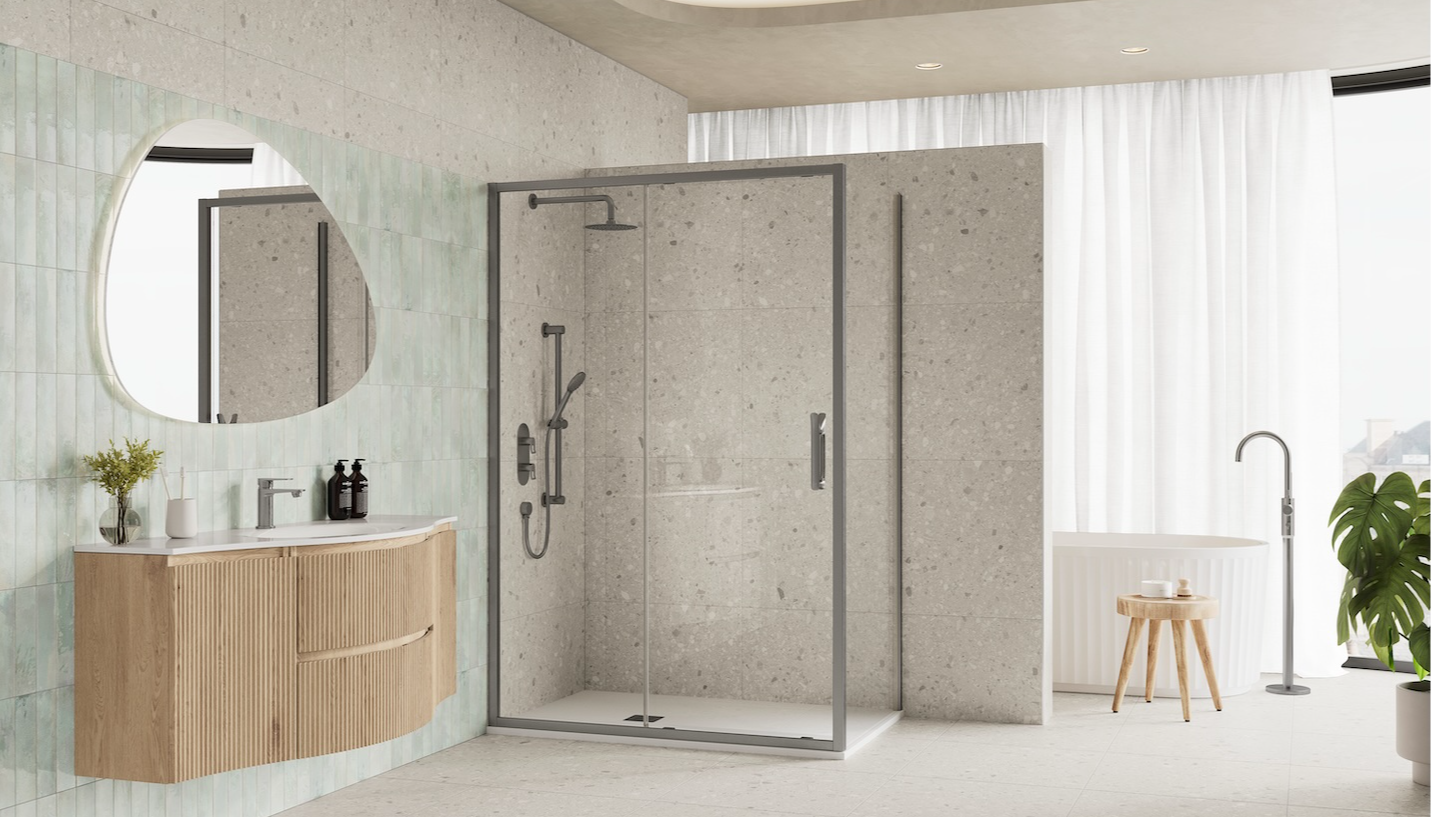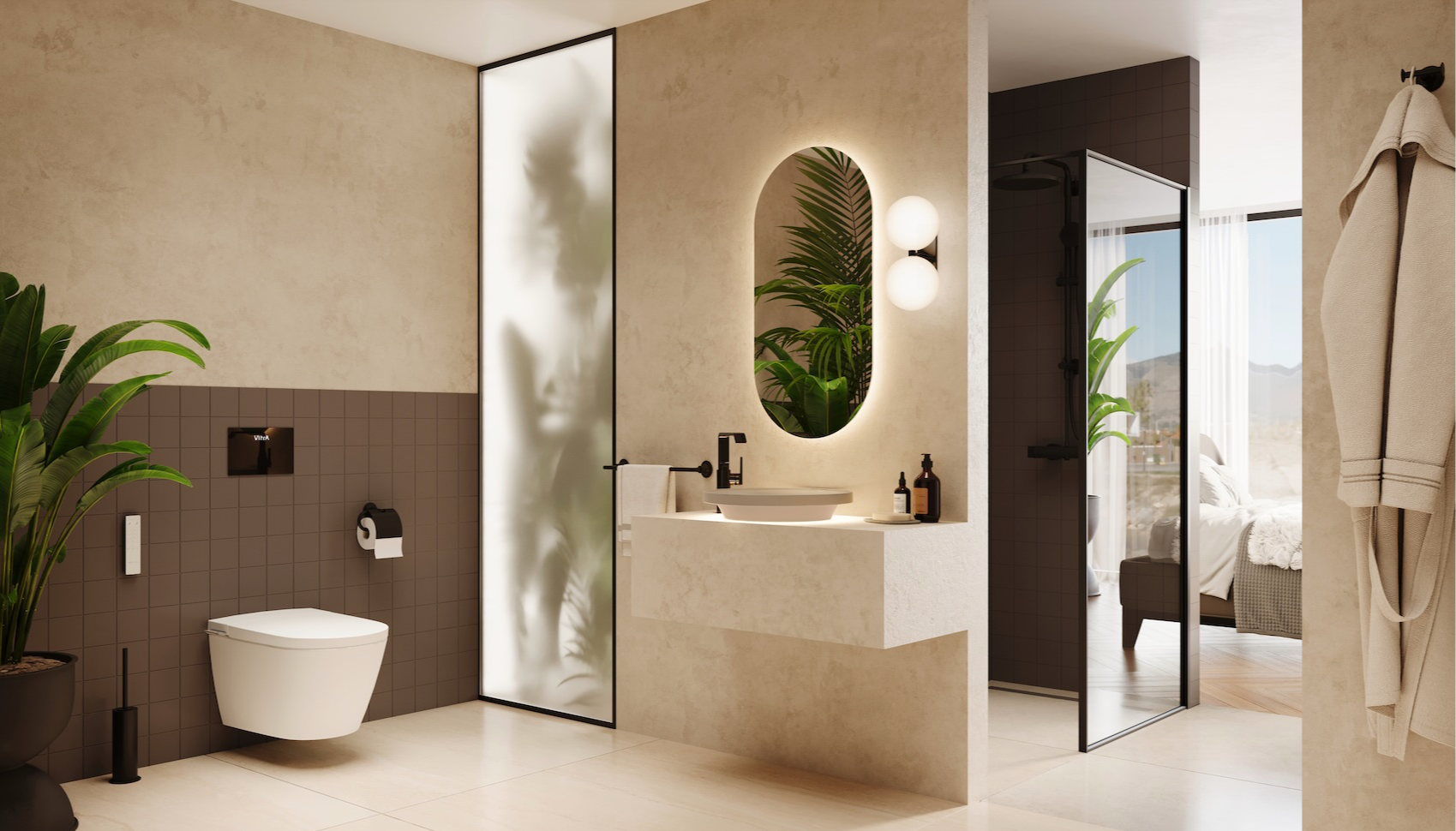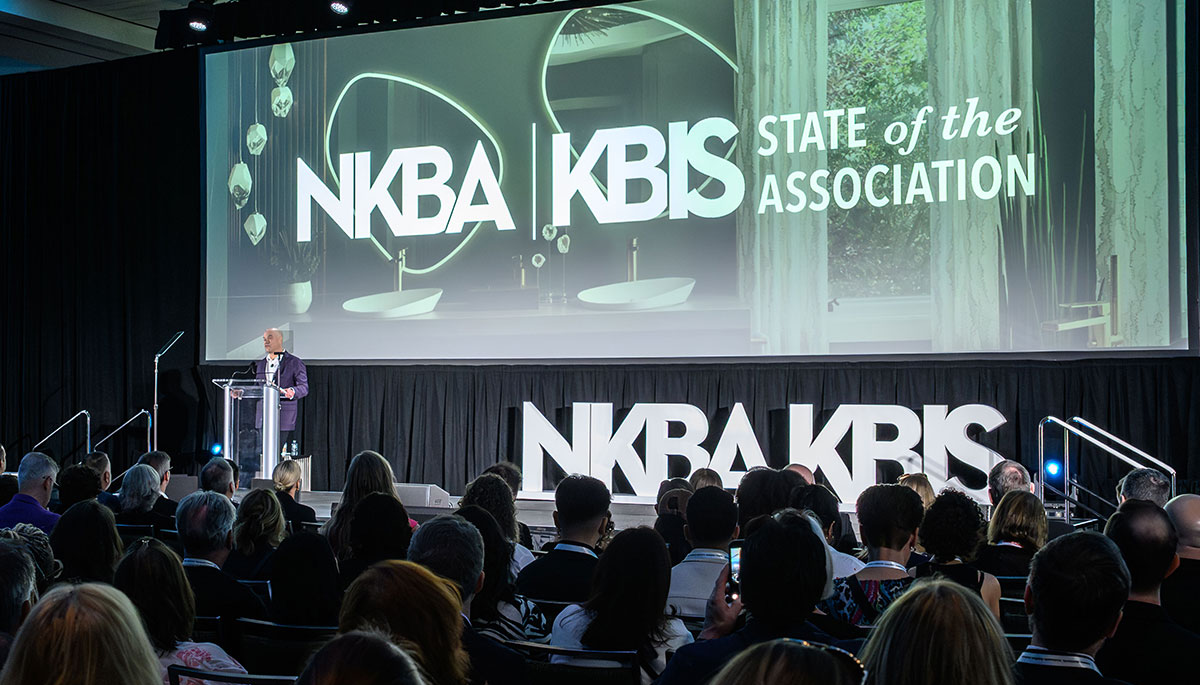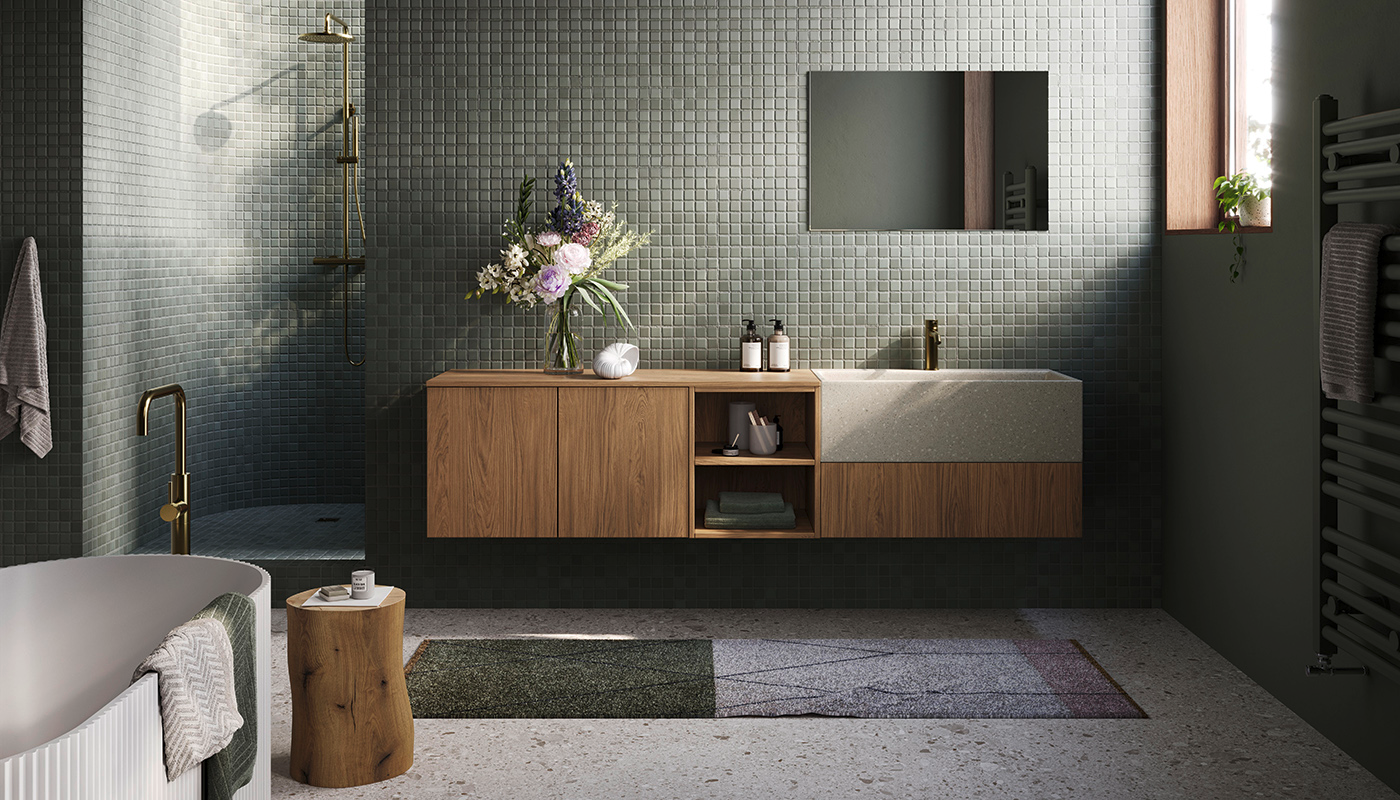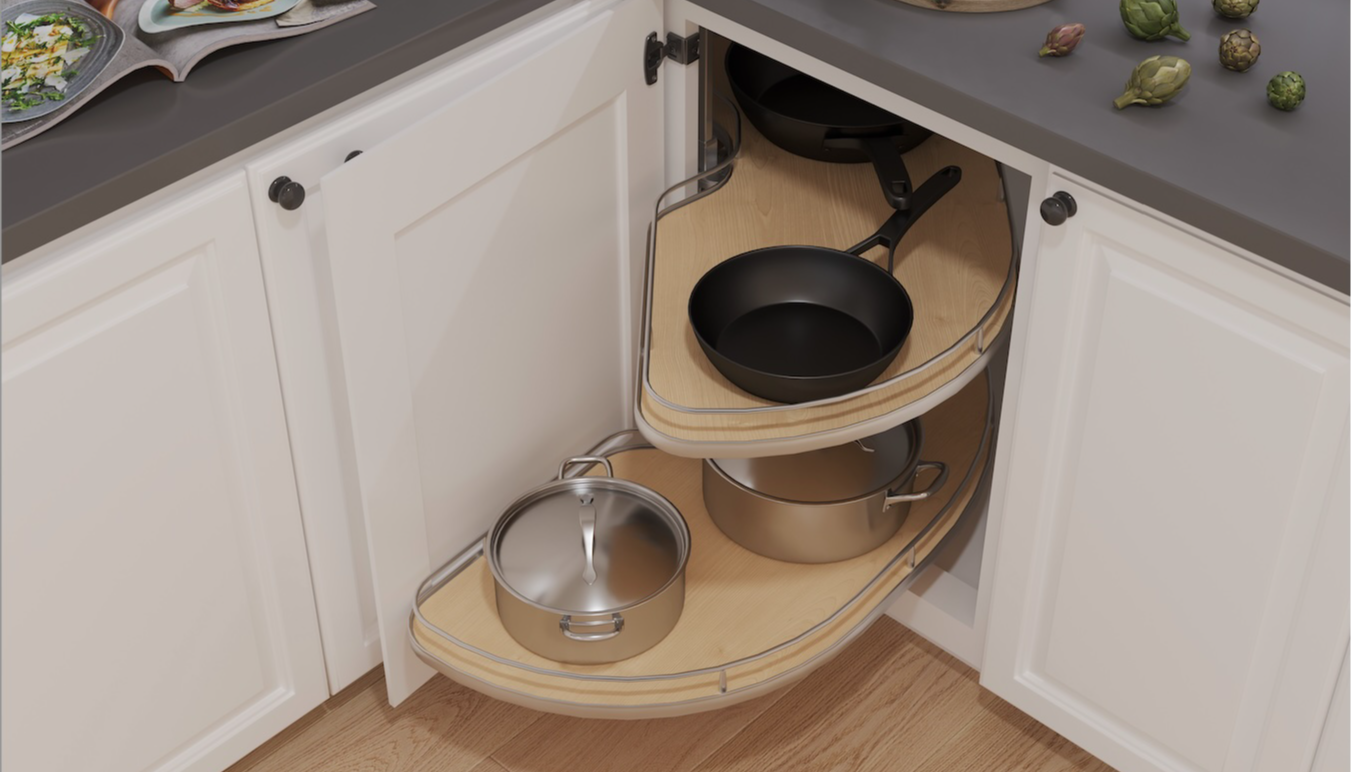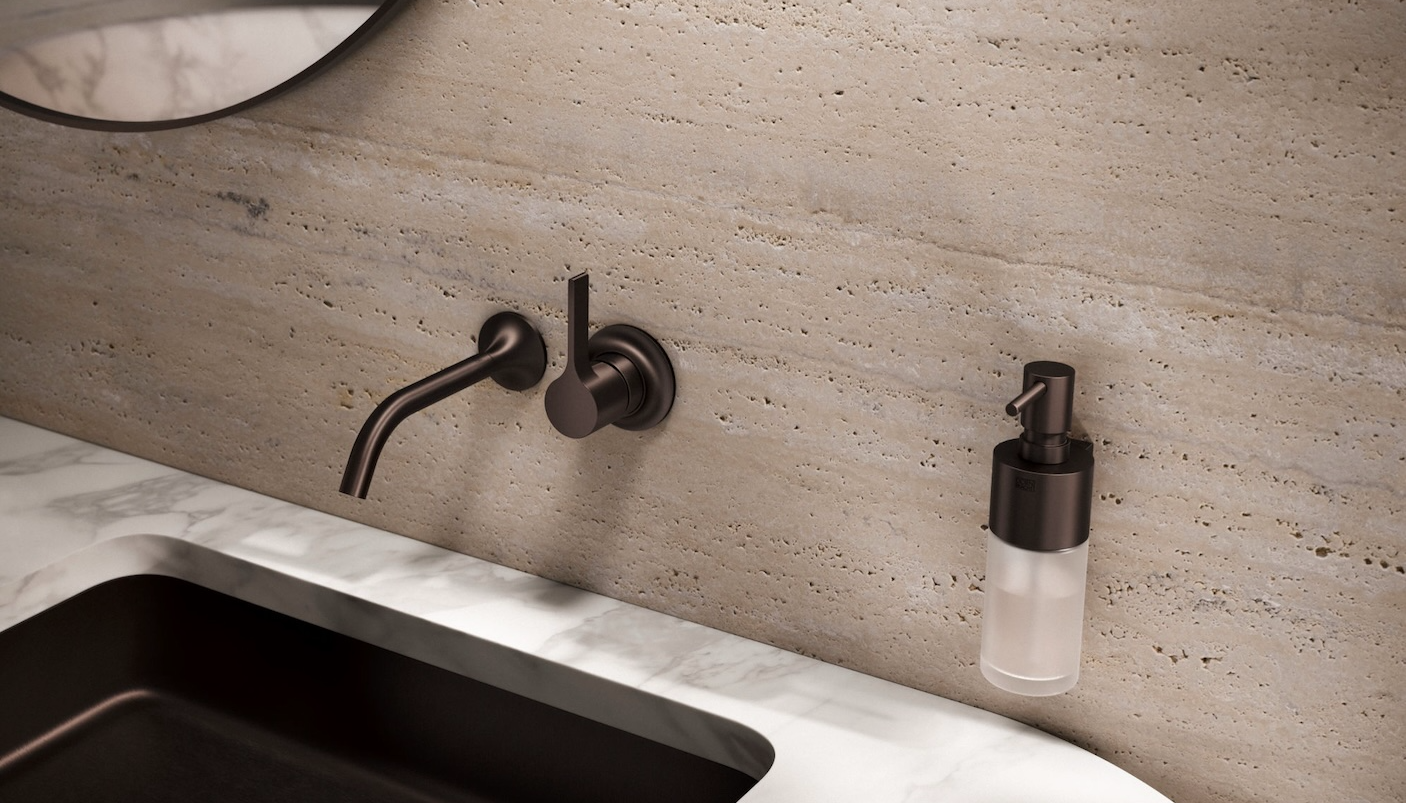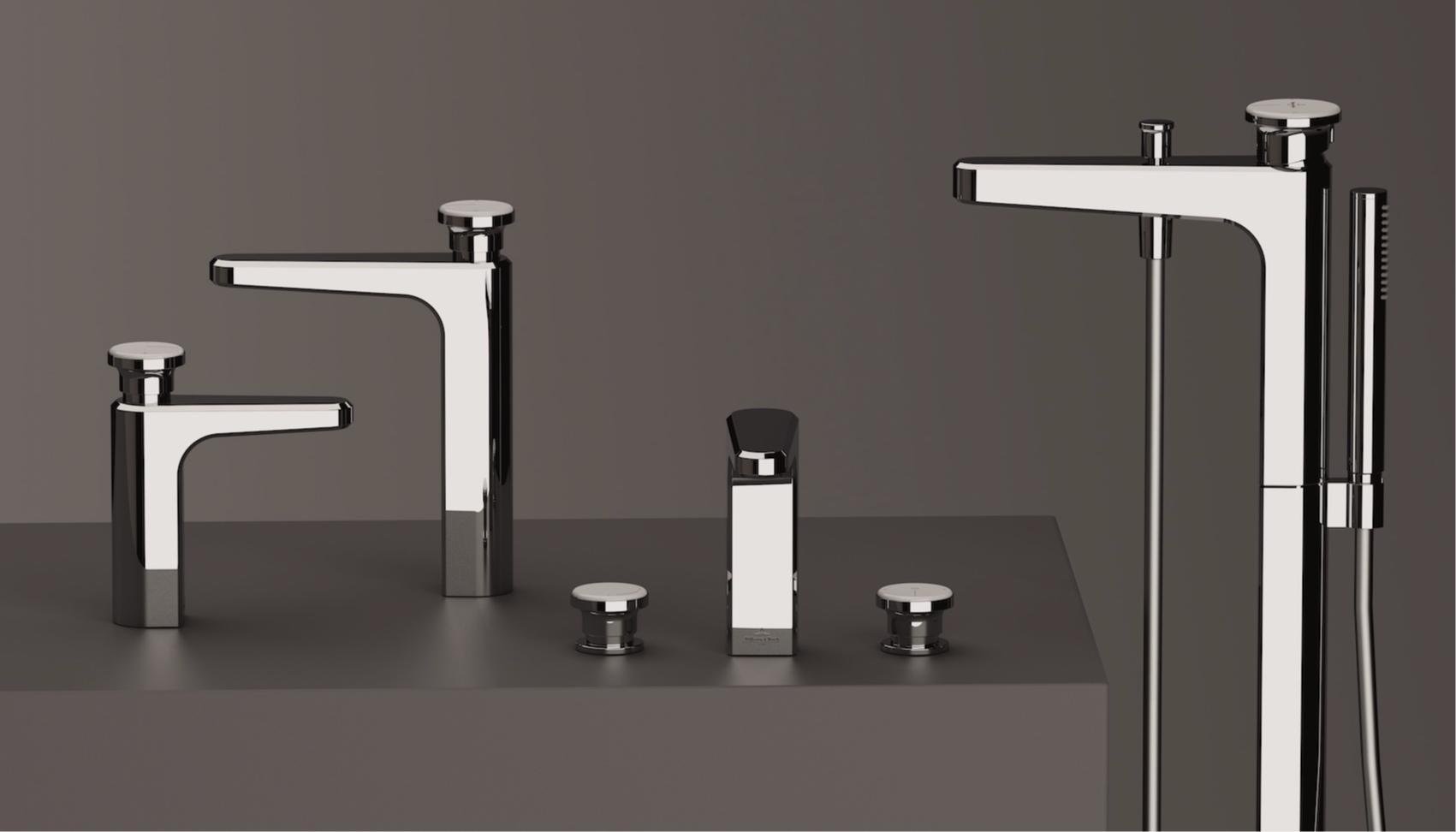The 2024 Budget – Implications for manufacturers and the supply chain

The 2024 Budget – Implications for manufacturers and the supply chain
Tom Reynolds, chief executive of the Bathroom Manufacturers Association, examines the challenges and opportunities arising from the 2024 Budget.
The 2024 Budget, delivered by Rachel Reeves, the first female Chancellor of the Exchequer, marks a pivotal point for the UK economy and the manufacturing sector. While it introduces significant fiscal tightening with tax hikes and increased costs for employers, it also opens opportunities, particularly in infrastructure, social housing, and energy efficiency. Bathroom manufacturers and our partners face a mixed landscape where rising operational costs meet potential growth avenues.
Here’s a closer look at the critical elements of the Budget and what they mean for our industry.
Rising Costs and Their Impact on Manufacturers
One of the most immediate impacts of this Budget on bathroom manufacturers will be felt through increased wage and tax obligations. Key changes include:
1. National Living Wage Increase: The National Living Wage is set to rise by 7%, which, while supportive of workers, presents significant cost pressures for manufacturers. This change will notably affect operational expenses, especially for companies heavily reliant on labour.
2. Employer National Insurance Contributions: The increase in employer National Insurance contributions by 1.2 percentage points, bringing the rate up to 15%, is expected to raise substantial revenue for the government. However, it places further pressure on already tight margins in manufacturing. Small and medium-sized enterprises (SMEs) in our sector may feel this impact most acutely, as they often have fewer resources to absorb additional labour costs.
3. Increased Business Costs and Potential Price Adjustments: For bathroom manufacturers, absorbing these higher wage and tax burdens will be challenging. Some businesses may seek to offset these costs by adjusting prices, slowing wage growth, or reassessing hiring policies. This could have a ripple effect across the supply chain, potentially affecting consumer prices and demand within the home improvement market.
Challenges to Consumer Confidence
The tax measures within this Budget, including changes to capital gains and inheritance tax, will likely have a cooling effect on consumer spending. As consumer confidence is essential for the home improvement sector, which includes bathroom manufacturing, any downturn in discretionary spending could impact sales. Homeowners might delay or reconsider renovations and improvements, which in turn affects demand for bathroom products and related supplies.
Infrastructure and Social Housing Investments: Opportunities for Growth
Despite the challenges, the Budget includes several encouraging investments in housing and infrastructure, areas that have a direct link to our industry. These initiatives signal a clear commitment to growth, stability, and long-term development, presenting unique opportunities for bathroom manufacturers:
1. Affordable Homes Programme and Social Housing Investments: With an additional £500 million investment to build 5,000 affordable homes and a total programme budget of £3.1 billion for 2025-26, the government aims to construct up to 1.5 million new homes over the coming years. This initiative, emphasising social rent, aligns well with the demand for affordable bathroom products that meet strict durability and efficiency standards.
2. Energy-Efficient Housing: A £25 million investment to build 3,000 energy-efficient homes nationwide represents an opportunity for manufacturers specialising in eco-friendly, water-saving bathroom solutions. This focus on energy-efficient homes signals a government commitment to sustainability—a trend our industry has already begun to embrace. By offering products that align with energy efficiency goals, bathroom manufacturers can play a pivotal role in contributing to these sustainable housing projects.
3. Decarbonisation of Housing Stock: With the Budget’s inclusion of a “warm homes” plan worth £3.4 billion, there is a strong focus on reducing energy bills by upgrading building efficiencies. For bathroom manufacturers, this presents a niche opportunity in providing products that contribute to energy savings and reduced carbon footprints, particularly in social housing and retrofit markets.
Commitment to Infrastructure: Aiding Supply Chain Resilience
The Budget’s substantial investment in infrastructure, such as the HS2 tunnelling project and devolution agreements for regional growth, may improve supply chain resilience and access. As transportation and logistics are crucial to bathroom manufacturers, these infrastructure upgrades can enhance efficiency, reduce delays, and help mitigate some of the challenges presented by rising costs.
Workforce Development and Skills Investment
The introduction of a Growth and Skills Levy, which replaces the Apprenticeship Levy, aims to support workforce development in high-priority sectors. An initial £40 million investment will enable more flexible training options, including shorter apprenticeships. This initiative can be instrumental in upskilling the labour force within manufacturing and related trades, providing bathroom manufacturers access to a better-trained workforce.
Furthermore, the additional £300 million for Further Education (FE) funding aligns with the skills shortage issues faced by many manufacturing firms, especially in technical roles. By supporting young people in acquiring industry-specific skills, bathroom manufacturers may benefit from a more skilled and capable workforce in the years to come.
Conclusion: Navigating Challenges and Seizing Opportunities
The 2024 Budget introduces both hurdles and prospects for bathroom manufacturers. The 1.2% employer National Insurance hike and increased wage requirements add to cost pressures, and the broader tax burden may dampen consumer confidence – a concern for any consumer-facing industry. However, opportunities arise with the Government’s investments in affordable housing, infrastructure, and energy-efficient housing initiatives, which align with our industry’s growing focus on sustainability and efficiency.
The investments in social housing, infrastructure, and workforce development can help bathroom manufacturers grow and adapt in response to these fiscal challenges. By leveraging these opportunities, our industry can position itself as a critical contributor to the government’s ambitions for a stable, growing economy. As the Bathroom Manufacturers Association, we will continue monitoring Budget developments, assessing opportunities, and supporting our members through these shifts in the market landscape.
Tags: insight, features, tom reynolds, 2024 budget, bathroom manufacturers association, bma, bathrooms, supply chain




